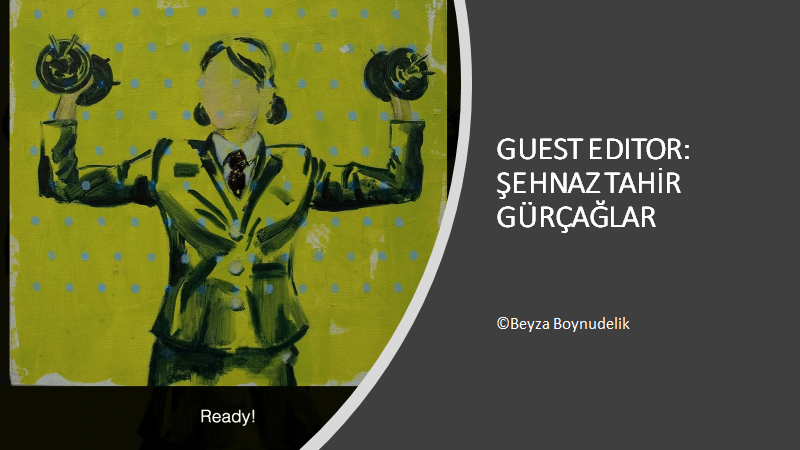Discourses on Hamlet's Journey in Turkey
DOI:
https://doi.org/10.21992/tc29464Abstract
This study seeks to scrutinize extratextual discourses which frame the Turkish translations and post-translation rewritings of Hamlet as an instrument of national self-imagining and projecting Turkey’s self-image in different socio-political and historical contexts. The study points out that various discourses see image construction as the major motive behind the different versions of Hamlet in Turkey. It also underlines that the extratextual material surrounding the retranslations and rewritings focus on various contextual dynamics that reveal how Turkey is torn between dualities that frame its image in line with the narratives of modernity and tradition, secularism and religion, easternness and westernness. In this context, the study emphasizes that theatre translation, and particularly the translations of Hamlet, formed significant part of the late Ottoman Empire’s and modern Turkey’s westernization efforts. Ultimately, the study concludes that discourses on the Hamlet renderings have foregrounded what is and what is not part of Turkey’s historically constructed self-image by bringing the West alongside the East, centering on how the retranslations and rewritings promote Turkey’s Western (secular and modern) identity against a largely negative representation of its eastern cultural identity.
Key words: Hamlet, Turkey, retranslation, post-translation rewriting, image
Downloads
Published
Issue
Section
License
Authors who publish with this journal agree to the following terms: a.Authors retain copyright and grant the journal right of first publication with the work simultaneously licensed under a Creative Commons Attribution License that allows others to share the work with an acknowledgement of the work's authorship and initial publication in this journal. b.Authors are able to enter into separate, additional contractual arrangements for the non-exclusive distribution of the journal's published version of the work (e.g., post it to an institutional repository or publish it in a book), with an acknowledgement of its initial publication in this journal. c.Authors are permitted and encouraged to post their work online (e.g., in institutional repositories or on their website) prior to and during the submission process, as it can lead to productive exchanges, as well as earlier and greater citation of published work (See The Effect of Open Access).



